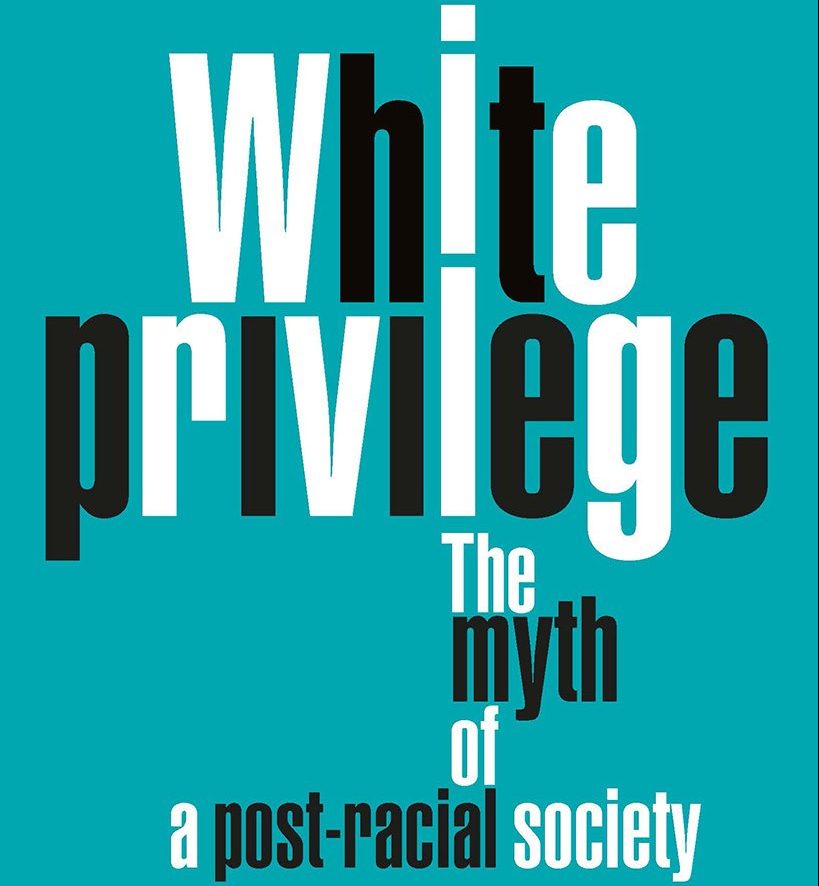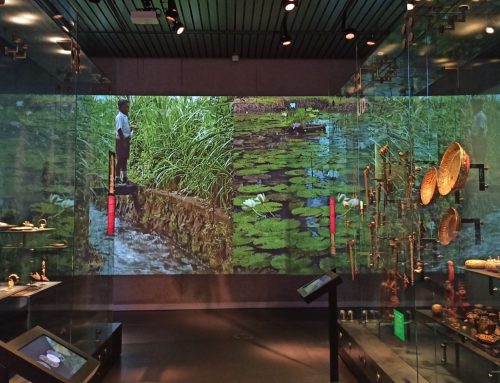‘If we believe that education is a right and not a privilege then every individual, regardless of their race, gender or socio-economic background, has a right to a quality education’
White Privilege: the myth of a post-racial society explores how race operates as a form of disadvantage in modern-day society. Kalwant Bhopal argues that individuals from Black and minority ethnic backgrounds, by virtue of their racial identity, are positioned as outsiders in a society that values whiteness and ‘white privilege’. Neo-liberal policymaking in its attempt to be inclusive, has portrayed an image of a post-racial society. However, in reality the vast inequalities between white and black and minority communities continue to exist. Bhopal argues that policy making has worsened inequalities which result from processes of racism, exclusion and marginalisation rather than addressed them.
How does whiteness manifest itself in the classroom? How are black and minority ethnic groups disadvantaged in their schooling experience? Are there ways to move forward and if so, what can educators do?
White privilege and intersectionality
‘Whiteness and white privilege dominate all aspects of society and suggest that those from non-white backgrounds, because of their identity, are positioned as inferior to whites in a society in which white identities predominate’.
Bhopal argues that the identity of whiteness is the first determinant of how groups are positioned, followed by other markers such as class, gender, religion, age and sexuality, among others. In the US, the historical dimensions and understanding of whiteness stem from the history of slavery and the dominant construction of whiteness as the norm. This has resulted in the manifestation of positioning the black identity as inferior and the white as superior. In the UK, understandings of whiteness stem from processes of structural racism working to disadvantage blacks and advantage whites.
To examine the hierarchical structure of whiteness, Bhopal demonstrates how despite having white ethnicity, Gypsies and Travellers continue to be victims of discrimination because of their outsider status. She argues that the social stigma attached to belonging to this group is due in part to an ‘unacceptable’ shade of whiteness leading to their needs rarely being addressed or recognised.
Class and gender also play a key role in the positioning of black and minority ethnic men and women and stereotypes operate to marginalise minority ethnic groups. Within higher education this is illustrated as universities ‘play the diversity card’, while in practice changing little as white privilege continues to dominate.
Whiteness in education
‘Education is a space in which the norms of whiteness are reinforced and reproduced’
Drawing on case studies and interviews, Bhopal argues that the school’s space is used to maintain and privilege whiteness while asserting dominance over black and minority ethnic groups. Whiteness works to perpetuate and reinforce white racial superiority. When discussing the failures of the education system to meet the needs of black and minority ethnic students it is often replaced by a rhetoric that blames the ‘other’. Bhopal argues that there is a great deal of evidence to suggest that white teachers are not fully equipped to understand the experiences of black and minority ethnic students in the classroom. Many teachers from white backgrounds fail to recognise their own whiteness and their own privilege and how this affects their teaching in the classroom.
In higher education the number of students from ethnic minorities have steadily increased in the last decade. However, inequalities in higher education continue to persist. Universities are key spaces in which whiteness and white identities predominate. Not just in the representation of white groups occupying decision making senior roles, also evidenced in the curriculum and approaches to diversity, inclusion and social justice. Universities remain spaces reserved for the privileged few.
Moving forward
‘How can we move forward in a society that continues to reinforce inequality based on skin colour?’
Significant changes are needed in order to address and challenge racial inequalities. Bhopal argues that while racism may never be eradicated it doesn’t mean we cannot actively challenge white groups occupying positions of power who use white privilege as a means of protecting their positions. Complaining about racism often results in victims becoming labelled as villains. Schools, colleges and universities are required to demonstrate inclusion, meaning that social justice and equity are being taken seriously rather than continuing the myth of a post-racial society.
While Bhopal focuses mainly on the UK context and to a lesser extent on the US, the book is an excellent investigation into white privilege in contemporary society. While confronting at times, Bhopal clearly and concisely examines the empirical evidence about the recently popularised term, ‘white privilege’. She concludes her book with a number of suggestions which can help us move forward:
- Implement policies with concrete outcomes that improve the inclusion of Black and minority ethnic staff and students. Bhopal mentions the Race Equality Charter as a positive move in the right direction but it is too early to tell if it will make a difference for universities addressing racial inequalities. She suggests that the UK government develops a specific policy that addresses inequalities in the application process by introducing name-blind applications for universities.
- The Education system should acknowledge institutional racism and white privilege; a failure to acknowledge racism results in a failure to act upon it and to instigate change.
- Implement specific institutional frameworks that facilitate changes at both a local and national level; an example can be the clear monitoring of racist incidents which will need to include a clear strategy for how educational institutions should address racism.
- Introduce unconscious bias training as mandatory for all (educational) staff.
- Greater visibility of black and minority staff in senior positions.
- Introduce a more diverse curriculum for students.
- Formal mentoring and training of staff who wish to progress in their careers designed specifically to address the needs of Black and minority ethnic groups.
Bhopal, Kalwant. White Privilege: The Myth of a Post-racial Society. Bristol, UK; Chicago, IL, USA: Bristol University Press, 2018. doi:10.2307/j.ctt22h6r81.
Kalwant Bhopal is a Professor of Education & Social Justice and Director of the Centre for Research in Race & Education (CRRE) at the University of Birmingham. Her research explores how processes of racism, exclusion and marginalisation operate in predominantly white spaces with a focus on social justice and inclusion.













